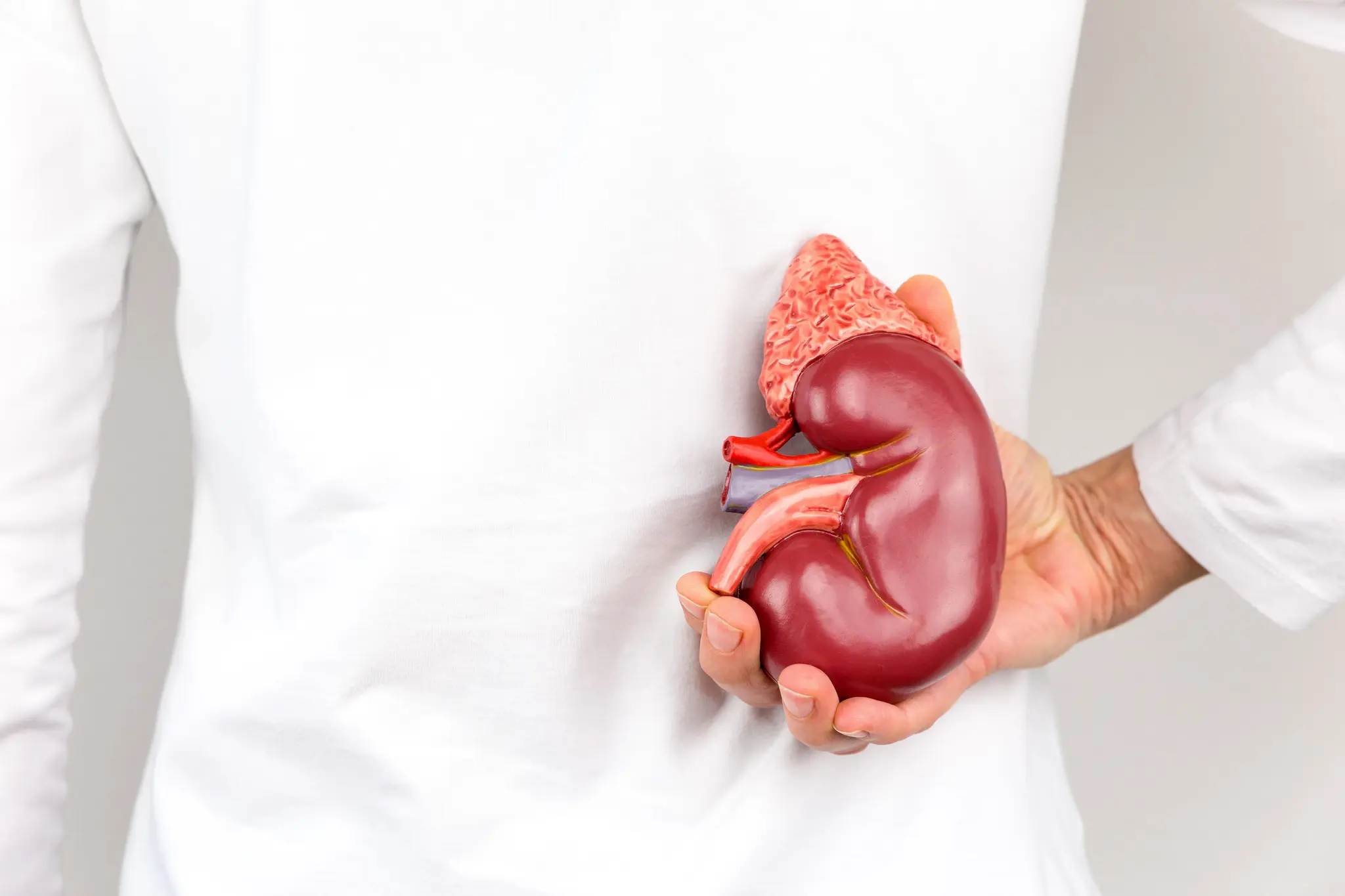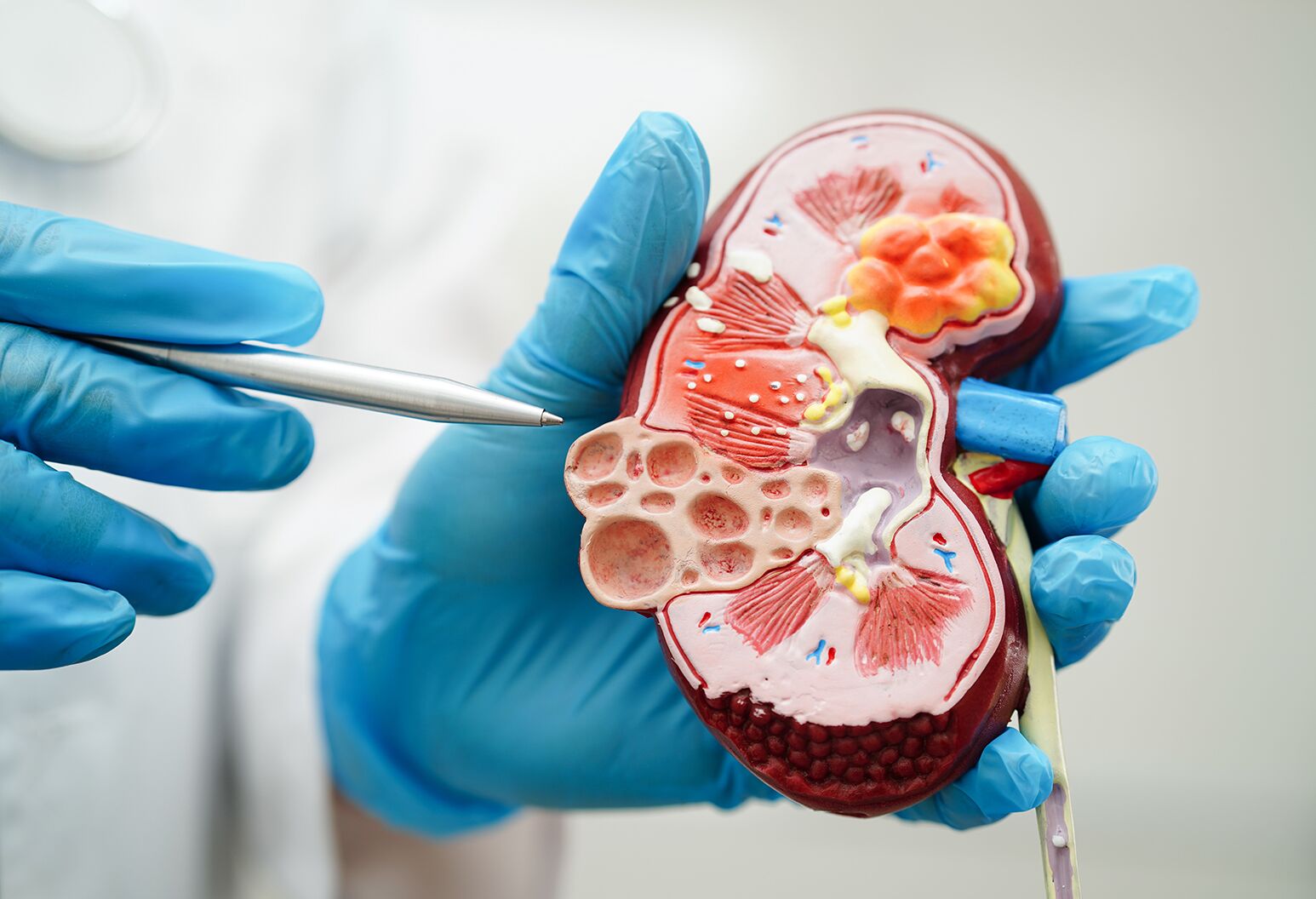Chronic kidney disease (CKD) silently affects millions of people worldwide, often progressing undetected until significant damage has already occurred. Your kidneys are remarkable organs that work tirelessly to filter waste products, balance fluids, and regulate essential hormones in your body. When these vital functions become compromised, the consequences can be life-threatening, potentially leading to kidney failure, dialysis, or the need for a transplant.
The sobering reality is that approximately 1 in 3 adults with diabetes and 1 in 5 adults with high blood pressure may develop CKD. However, the encouraging news is that chronic kidney disease is largely preventable through proactive lifestyle choices and proper management of risk factors. Early detection and intervention can dramatically slow kidney damage and improve quality of life outcomes.
Understanding your risk factors is the first step toward prevention. Heart disease, high blood pressure, obesity, and a family history of CKD all increase your chances of developing kidney disease. Additionally, kidney infections and physical injuries can also contribute to kidney damage. The key lies in recognizing that prevention is far more effective than treatment after damage has occurred.
This comprehensive guide will explore evidence-based strategies to protect your kidneys, from dietary modifications and exercise routines to managing underlying health conditions. By implementing these prevention strategies, you can significantly reduce your risk of developing CKD and maintain optimal kidney function throughout your life.
Understanding Your Risk Factors

Primary Risk Factors
The most significant risk factors for chronic kidney disease include diabetes, high blood pressure, and heart disease. These conditions create a dangerous cycle where kidney damage can worsen the underlying condition, which in turn causes further kidney deterioration. People with diabetes face a particularly high risk, as elevated blood sugar levels can damage blood vessels inside the kidneys over time.
Secondary Risk Factors
Being overweight or obese increases your risk of developing conditions that harm the kidneys, including diabetes and high blood pressure. Family history also plays a crucial role, as genetic predisposition can make some individuals more susceptible to kidney disease. Age is another factor, with kidney function naturally declining as we get older.
Dietary Strategies for Kidney Protection
Embrace a Kidney-Friendly Diet
A balanced diet forms the cornerstone of kidney disease prevention. Focus on consuming plenty of fruits and vegetables, aiming for at least five portions daily. These foods are rich in antioxidants and nutrients that support kidney health while helping maintain healthy blood pressure and cholesterol levels.
Reduce Sodium Intake
Limiting salt consumption is crucial for kidney health. Aim for less than 2,300 milligrams of sodium daily. High sodium intake can raise blood pressure, putting additional strain on your kidneys. Read food labels carefully and choose fresh, whole foods over processed alternatives whenever possible.
Limit Ultra-Processed Foods
Recent research indicates that people who consume large amounts of ultra-processed foods face higher CKD risk. These foods are typically high in sugar, salt, refined carbohydrates, and unhealthy fats while being low in essential nutrients. Swapping just one ultra-processed food for a less-processed alternative daily can reduce your CKD risk by 6%.
Stay Properly Hydrated
Maintaining adequate hydration helps your kidneys flush out toxins and prevents the formation of kidney stones. Aim for six to eight glasses of fluid daily, ensuring your urine maintains a pale straw-yellow color. While water is ideal, other beverages like herbal teas and low-fat milk can contribute to your daily fluid intake.
Exercise and Physical Activity

Cardiovascular Exercise Benefits
Regular cardiovascular exercise is essential for kidney health, as it improves heart function, lowers blood pressure, and increases circulation. These benefits ensure your kidneys receive adequate oxygen-rich blood for optimal filtering and detoxification. Aim for at least 150 minutes of moderate-intensity cardio weekly, including activities like walking, jogging, cycling, or swimming.
Strength Training Advantages
Incorporating strength training into your routine provides additional kidney health benefits by improving insulin sensitivity and reducing inflammation. Focus on major muscle groups at least twice weekly using bodyweight exercises, free weights, or resistance bands. Better blood sugar control through strength training is particularly beneficial for preventing diabetes-related kidney damage.
Flexibility and Stress Reduction
Activities like yoga, tai chi, and meditation can complement your fitness routine by reducing stress levels. Chronic stress contributes to high blood pressure, which can indirectly harm kidney function. These mind-body practices promote relaxation while supporting cardiovascular health.
Managing Underlying Health Conditions
Diabetes Management
If you have diabetes, maintaining blood glucose levels within your target range is crucial for kidney protection. Check your blood glucose regularly as recommended by your healthcare team, and aim to keep your A1C level tested at least twice yearly. Proper diabetes management can prevent or significantly delay the onset of CKD.
Blood Pressure Control
Keeping blood pressure below 140/90 mm Hg is essential for kidney health. Work with your healthcare provider to monitor your blood pressure regularly and consider medications if lifestyle changes aren’t sufficient. ACE inhibitors and ARBs are particularly beneficial for kidney protection.
Cholesterol Management
Maintaining healthy cholesterol levels supports both cardiovascular and kidney health. High cholesterol can contribute to blood vessel damage that affects kidney function. Follow your healthcare provider’s recommendations for cholesterol testing and management strategies.
Lifestyle Modifications

Smoking Cessation
Smoking significantly increases your risk of kidney disease by reducing blood flow to the kidneys and accelerating disease progression. Quitting smoking improves circulation and reduces the risk of cardiovascular complications that can harm kidney function. Seek support from healthcare providers or smoking cessation programs if needed.
Medication Awareness
Be cautious with over-the-counter pain medications, particularly NSAIDs like ibuprofen and naproxen. Long-term use of these medications can reduce blood flow to the kidneys and cause tissue damage. Always use medications as directed and consult your healthcare provider about safer alternatives for chronic pain management.
Regular Health Screenings
Early detection is crucial since CKD often develops without symptoms. If you’re at risk, get tested regularly through blood and urine tests. People with diabetes should be tested annually, while others at risk should follow their healthcare provider’s recommendations for screening frequency.
Preventing chronic kidney disease requires a comprehensive approach that addresses multiple risk factors simultaneously. By maintaining a healthy diet, exercising regularly, managing underlying conditions, and making smart lifestyle choices, you can significantly reduce your risk of developing CKD.
Remember that small changes can make a substantial difference in your kidney health, and the strategies that protect your kidneys also benefit your well-being. Take action today to protect these vital organs – your future self will thank you for the investment in your health.

